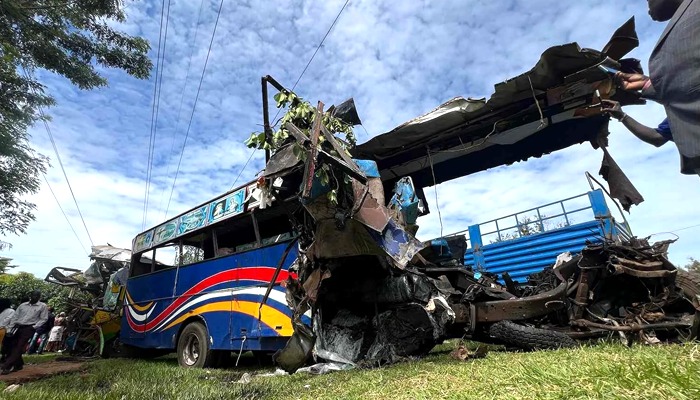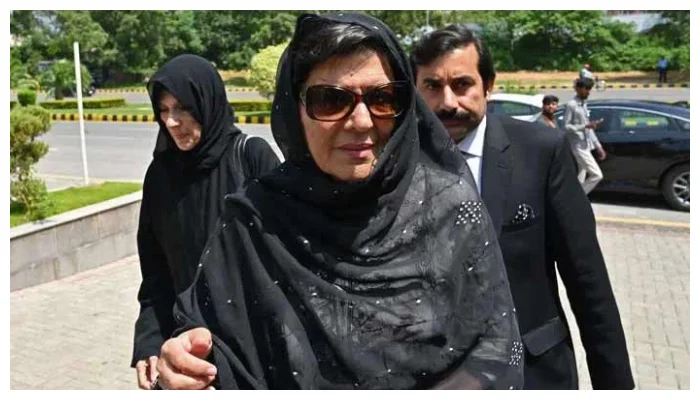An NHS Trust has apologised after an aspiring model died of cervical cancer just four months after a doctor blamed it on her hormones.
Porsche McGregor-Sims died in hospital just a day after being diagnosed with the disease, in what a coroner described as one of the saddest cases she had ever seen.
And now, an NHS Trust has apologised for her death, which occurred after the doctor misdiagnosed her symptoms as a hormone problem.
A consultant told the 27-year-old that her problems could be related to the side effects of discontinuing birth control or irritable bowel syndrome.
Dr. Peter Schlesinger, an agency locum doctor specialising in gynaecology, insisted her symptoms, including sex bleeding, did not indicate a serious illness.
Dr Claire Burton, a consultant gynaecologist at Portsmouth Hospitals, said Dr Schlesinger should have examined Miss McGregor-Sims physically and apologised for the care she received at the trust.
“If [Dr Scheslinger] had examined her [in late January], she would have been referred for a colposcopy more quickly, and a diagnosis would have been made,” Dr Burton said.
“I’d like to express our condolences to Porsche’s family and friends, as well as apologise for the care she received here.”
Area Coroner Rosamund Rhodes-Kemp concluded her inquest today, saying the young woman’s death in 2019 was one of the most’shocking and traumatic’ cases she had ever dealt with.
She went on to say that as a result of what she had heard, she would be writing a “letter of concern” to the trust in charge of her care.
“We see hundreds and hundreds of cases every year – and I have done about 6,000 inquests – but this one is particularly sad,” Mrs Rhodes-Kemp said.
On January 24th, she was seen by a consultant locum gynaecologist who did not examine her or refer her for a colposcopy.
“Instead, she was counselled on [IBS symptoms].
“Although it is unclear whether a referral in January would have changed the tragic outcome, an earlier diagnosis would have given her and her family more time to prepare.
“In this case, I believe natural causes are an appropriate conclusion.”
“I’m not trying to minimise the family’s pain, but there’s no evidence that an earlier diagnosis would have changed the outcome.”
Miss McGregor-Sims, a graduate who was engaged to be married, was only seen in person by a doctor after months of complaining about abdominal pain and vaginal bleeding because experts suspected she had Covid.
A simple physical examination could have led to an earlier diagnosis, according to the inquest, which concluded today in Winchester, Hants.
Fiona Hawke, Porsche’s mother, said that even a “few more weeks” would have made a “indescribable difference” in the family’s ability to cope with her daughter’s illness.
“I believe natural causes are an appropriate conclusion in this case.”
“I’m not minimising the family’s suffering, but there’s no evidence that an earlier diagnosis would have changed the outcome.”
Miss McGregor-Sims, a graduate who was about to marry, was only seen by a doctor after months of complaining about abdominal pain and vaginal bleeding because experts suspected she had Covid.
According to the inquest, which concluded today in Winchester, Hants, a simple physical examination could have led to an earlier diagnosis.
Porsche’s mother, Fiona Hawke, stated that even a “few more weeks” would have made a “indescribable difference” in the family’s ability to cope with her daughter’s illness.
Miss McGregor-Sims had additional tests in early April, when cervical cancer was suspected, and was referred to the oncology department on April 9.
She was later admitted to Queen Alexandra Hospital in Portsmouth, Hants, with’severely’ short breath caused by cancer, and died a day later on April 14, 2020.
During the inquest, McGregor-Sims’ mother, Fiona Hawke, fiancé Mark Chappel, and twin brother Deucalion questioned Dr Schlesinger’s practises, asking why a physical examination had not taken place.
Fiona Hawke testified at the inquest that no one, including her daughter, expected to see her again after she was admitted to hospital.
“She was scared and alone,” Ms Hawke said. She knew it wasn’t going to go well, she knew it was going to be a battle.
“She did not, however, expect to die two days after being diagnosed. She expected to be heard and helped, but that was not the case.
“From December on, the time it took to diagnose and assess her cost us the precious little time we had to adjust to the fact that we were going to lose her, to be there with her and for her, and to prepare in any way for the massive loss we were about to experience.
“We would have had more time with her if the exam had been done in January.
“When she was admitted to the hospital, no one in her family believed she would never be released.





















